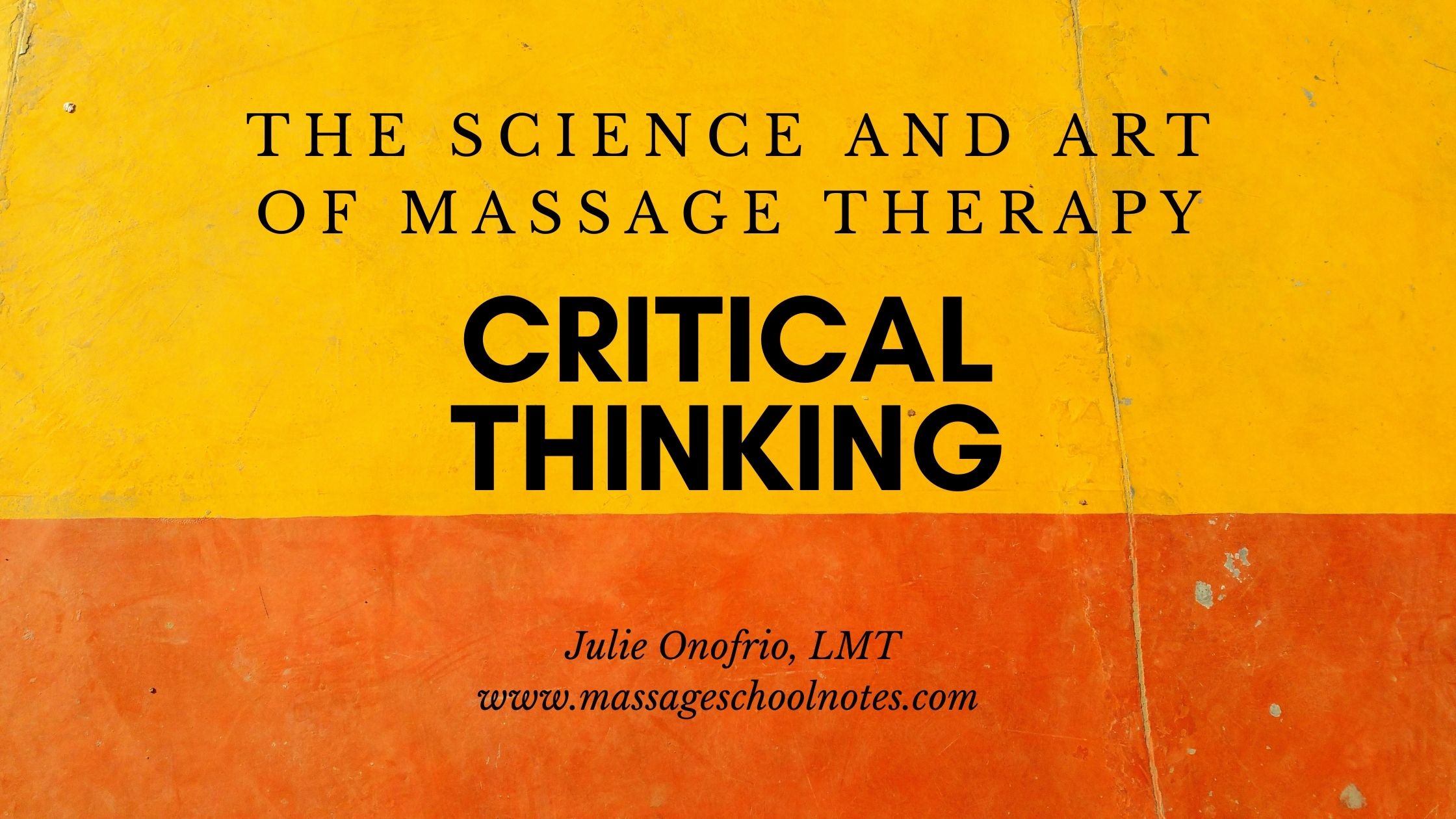As I was looking for a clear definition of critical thinking, it became evident that there is no clear definition or clear process of what critical thinking would look like. Thinking critically means that we work through a process of questioning everything. Richard Paul, in the book Critical Thinking: Tools for taking charge of your professional and persona life says:
It is the art of using the best thinking you are capable of in any set of circumstances. To maximize the quality of your thinking, you must learn to become an effective critic of your thinking and to become an effective critic of your thinking, you have to make learning about thinking a priority.
My first thought is that critical thinking is too hard. If we are learning about thinking and being critical of our own thinking, we would not ever get anything done.
As there is also an intuitive side to people, it is difficult to shut that side off and think only analytically, but our intuitive side often gets in the way of critical thinking. That means we are often misinformed and make bad decisions with consequences we did not want. There are also times when intuitive thought provides better outcomes. There are also other things like cognitive bias (overconfidence, the illusion of control, stereotypes), life experience, magical thinking, superstitions and beliefs that get in the way of thinking.
Two people can be presented the same evidence and come up with two different conclusions – so what do we do?
To think critically about claims, means we cannot always accept that the explanation provided to us is the most correct. We need to think analytically and consider alternative explanations. To think critically you need to defend your thinking by showing and telling with examples and evidence.
Also, low-quality evidence, like anecdotes, or expert opinions, or even pseudoscientific claims, are still useful for providing scientists the opportunity to generate testable rival hypotheses.
Generating rival hypotheses allow us to follow the scientific method and systematically collect and evaluate evidence to better inform our general explanations. When looking at a claim or before making a claim, acknowledge that alternative explanations or rival hypotheses may exist. With anecdotal evidence, there is a high risk of bias in the personal report,
The class I am taking called Science literacy outlines these 4 steps for thinking critically:
1. Analyze the evidence for ourselves: separate the claim into its component parts
What evidence can you present or find on the claimCompare multiple sources of evidence
Draw relationships between the evidence
2. Evaluate the evidence: develop judgements and decisions
Does this agree with your knowledge
What is important
Consider criteria needed to evaluate the evidence
Comprehend the claim being made: organize your ideas with the evidence
Re-tell it in your own words
Identify main idea
How is it different or similar to your current knowledge
Why is this significant
Synthesize and apply evidence and update rules and principles
How does this evidence add to your knowledge?
How does combining multiple lines of evidence change your judgement?
How would you create or design new policy and decision making in light of this evidence?
What solutions might you suggest given the claims, evidence, and reasoning?
Is this likely to happen again in the future, and has this happened multiple times across the past?
What can be predicted about future events, given the current understanding of the evidence?
Well that is all well and good — who has time for that?
